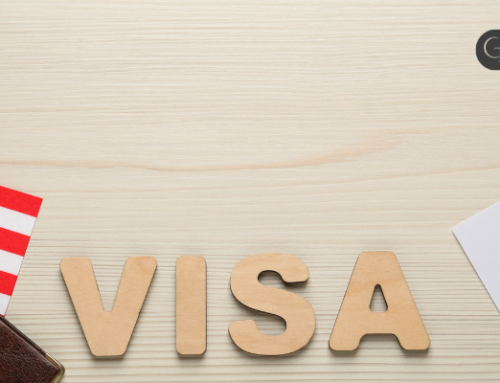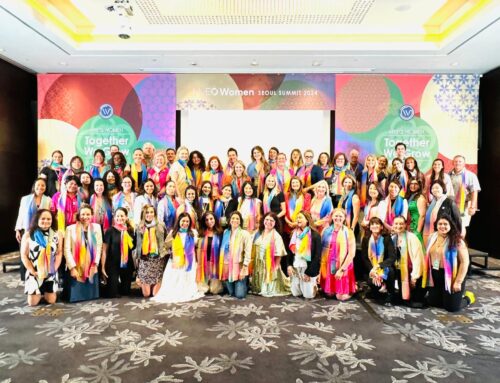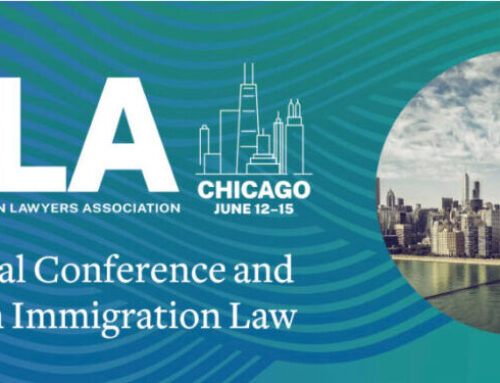In a significant move aimed at promoting lawful pathways and reducing irregular migration, the Department of Homeland Security (DHS) has expanded the family reunification parole program to certain nationals of Ecuador. This initiative aligns with the Biden-Harris Administration’s strategic approach to combining expanded legal options with strengthened enforcement, ultimately creating a safer and more orderly migration system.
What is Family Reunification Parole?
The Family Reunification Parole (FRP) processes are designed to facilitate family unity and are part of a comprehensive set of measures announced earlier this year by DHS and the Department of State. These measures are in harmony with the objectives laid out in the Los Angeles Declaration on Migration and Protection, which seeks to bolster efforts at the national, regional, and hemispheric levels to ensure safe, orderly, humane, and regular migration.
The Immigration and Nationality Act provides the Secretary of Homeland Security with the discretionary authority to grant parole on a case-by-case basis for urgent humanitarian reasons or significant public benefit. Similar parole authorities have been exercised by previous Secretaries in various administrations, leading to the establishment of other family reunification parole processes, including those for Cuban and Haitian families. In fact, DHS introduced new FRP processes for Colombia, El Salvador, Guatemala, and Honduras in July and modernized FRP processes for Cuba and Haiti in August. This program is now being expanded to include Ecuador as well.
Who Does This New Process Apply To?
The FRP process was revamped and expanded earlier this year and primarily benefits certain nationals of Colombia, Cuba, El Salvador, Guatemala, Haiti, Honduras and Ecuador, whose family members are either U.S. citizens or lawful permanent residents and have received approval to join their families in the United States. This initiative allows nationals of those countries and their immediate family members to be considered for parole to travel to the United States on a case-by-case basis for up to three years while they await the opportunity to apply for lawful permanent residency.
Secretary Alejandro N. Mayorkas on Family Reunification Parole:
According to Secretary of Homeland Security Alejandro N. Mayorkas, “The Family Reunification Parole process promotes family unity consistent with our laws and our values. Establishing this process for certain Ecuadorian nationals will ensure more families can access lawful pathways rather than placing themselves at the mercy of smugglers to make the dangerous journey. Those who do not avail themselves of family reunification parole or other lawful, safe, and orderly pathways and attempt to enter the United States unlawfully will continue to face tough consequences.”
Eligibility and Application Process:
To be eligible for consideration under this new process, the nationals of Colombia, Cuba, El Salvador, Guatemala, Haiti, Honduras and Ecuador must be beneficiaries of an approved Form I-130, Petition for Alien Relative. They should be outside the United States, meet all requirements, including screening, vetting, and medical requirements, and not have already received an immigrant visa.
The Family Reunification Parole process commences with an invitation from the Department of State to the petitioning U.S. citizen or lawful permanent resident family member, whose Form I-130 has been approved on behalf of a beneficiary from Colombia, Cuba, El Salvador, Guatemala, Haiti, Honduras or Ecuador. The invited petitioner can then initiate the process by filing a request on behalf of the beneficiary and eligible family members for advance travel authorization and parole.
The Parole Process:
Parole under the Family Reunification Parole process is granted on a case-by-case and temporary basis, subject to a demonstration of urgent humanitarian reasons or significant public benefit. It also involves demonstrating that the beneficiary warrants a favorable exercise of discretion. Individuals paroled into the United States through this process are generally considered for parole for up to three years and are eligible to request employment authorization while they await the availability of their immigrant visa. Upon visa availability, they may apply for lawful permanent residency.
Stay Informed:
Detailed information on the application process and eligibility criteria for citizens of Ecuador will soon be published in the Federal Register Notice for this Family Reunification Parole process. Be sure to stay tuned for updates on this significant development.
About the Author
Natalia Muñoz
Natalia Muñoz is an Associate Attorney at Garvish Immigration Law Group. She was born and raised in Bogota, Colombia where she earned a law degree from Universidad de Los Andes followed by a specialization in Foreign Relations and Negotiation at the same University. She later moved to the U.S. to pursue her graduate studies in law in Boston University. After graduating she moved to Miami where she worked as an international tax and corporate attorney advising foreign investors for over 15 years.







